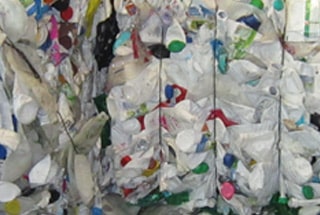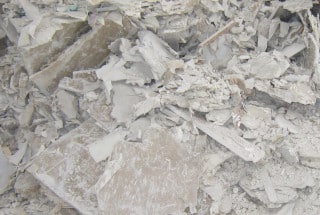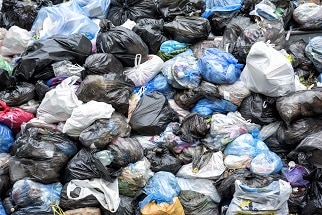Why is energy efficiency important in recycling operations?
Energy efficiency stands at the forefront of optimizing recycling operations, serving a pivotal role in cutting down operational expenses, bolstering environmental sustainability, and significantly reducing the carbon footprint associated with recycling activities.
The utilization of efficient machinery is paramount, as it not only diminishes running costs but also aligns with the global initiative to curtail energy consumption and emissions. This harmonization contributes to fostering a recycling industry that is both sustainable and accountable, marking a critical step towards achieving a greener and more responsible global ecosystem.
Traditional recycling processes
Traditional recycling processes, particularly those for materials like plasterboard, glass wool, stone wool, and wood waste, often require significant energy due to the steps involved in: collection, transportation, sorting, cleaning, and reprocessing.
- This process begins with the collection and transportation of recyclables, which demands significant fuel consumption for the vehicles involved.
- Following transportation, recyclables undergo sorting and cleaning — operations requiring substantial electricity to power the machinery that executes these tasks.
- The final reprocessing stage, particularly for materials requiring high-temperature treatments like melting glass or reforming plastics, further escalates energy use.
These stages collectively underscore the urgent need for more energy-efficient recycling methods, highlighting the environmental and economic benefits of reducing energy consumption throughout the recycling process.
What challenges are common in achieving energy efficiency and how can they be overcome?
The most common challenges in achieving energy efficiency include high operational demands, outdated machinery as well as a lack of awareness about efficient practices.
At ACA we are proud to deliver solutions, such as energy-efficient crushers and bale openers, that address these issues by reducing the energy consumption required for recycling processes.
Additionally, we focus on innovation and training to ensure that operators are knowledgeable about optimizing machinery use for maximum energy savings, effectively overcoming these common obstacles.
Energy-efficient bale-openers
At ACA we develop machinery that requires less energy for processing materials, such as our crushers and bale openers, which are designed to handle waste materials more efficiently and with lower energy consumption.
ACA’s bale openers include:
- Energy-efficient design: Reduces power consumption during operation.
- Advanced cutting mechanisms: Minimize energy use while processing materials.
- Automated systems: Optimize the processing speed and reduce idle times.
- Low-maintenance components: Decrease energy waste and increase uptime.
- Customizable settings: Allow for energy optimization based on material type and volume.
Energy savings
ACA’s bale opener achieves a 96% efficiency in separating bottles without damage, optimizing subsequent sorting processes by color and material type. Designed for various plastics, including PET and HDPE, the machine’s slow-turning screws ensure minimal damage and uniform output, facilitating easier recycling and sorting.
This technological innovation represents a notable stride towards energy conservation and operational efficiency in recycling.
The future of recycling technology
The future of recycling technology and energy efficiency holds promising advancements that could significantly transform the industry.
Innovations may include more sophisticated sorting technologies using AI and robotics, further reducing energy use and increasing the purity of recycled materials.
Additionally, breakthroughs in biodegradable plastics and chemical recycling processes could revolutionize how materials are reused, making recycling more efficient and less energy-intensive. Ongoing research into new materials and processes, coupled with a growing emphasis on sustainability, will likely lead to more energy-efficient recycling solutions, aligning with global environmental goals.












